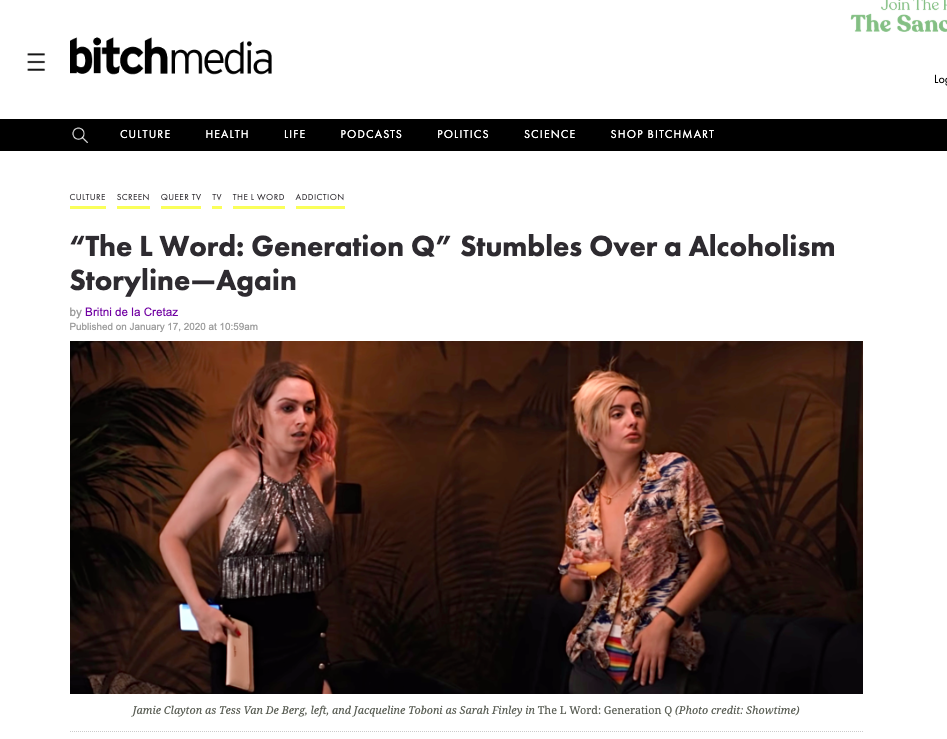relapse isn't always part of recovery
no matter what your tv tells you

Issues of this newsletter where I share my work (like this one!) will continue to be free, but the bulk of my content won’t be. If you’d like to sign up for the paid version of this newsletter—one to two issues per week—you should do that! Your support will mean a ton for me as I write my book and try to establish my financial independence post-divorce.
If you just watched TV, you’d think that no one ever stayed sober. Relapse makes for dramatic storytelling, so writers often give their characters struggling with addiction plenty of opportunities to pick up a drink or a drug — even when they shouldn’t.
It’s also a common adage among recovery-minded folks that “relapse is part of recovery.” For some people, that is undoubtedly true. Many people will try multiple times to get sober before they finally do. Many others will try and try again and never succeed at long-term sobriety.
Others, like me and countless other people I know, find and maintain long-term sobriety. But you wouldn’t know that from watching shows that feature characters who struggle with addiction.
Which is why, for Bitch Magazine, I wrote about how The L Word: Generation Q is falling down hard when it comes to their addiction storylines.

As I outline in the piece, I was incredibly excited when the show introduced Tess, a character with two years sober. Especially when her character’s story arc intersected with Finely, a younger, soft butch character who masks her pain with alcohol, I saw the potential for the kind of writing I never see on TV: someone with sobreity helping someone who is struggling.
In 12 Step programs, the kind of help Tess seems primed to offer is called “12 stepping someone.” It sounds culty but really all it is is sitting down with someone in the throes of their addiction, telling them your story, and offering to help them try the thing that worked for you. AA works for lots of people; it doesn’t work for lots of others. It’s not the only solution, but it’s one many people use, and seeing my life play out on screen in an authentic way would have meant so much to me.
As you can guess, that’s not what happened.
You can read my piece at Bitch for more about why where the writers took this storyline was so disheartening, as well as why what they did with Kit Porter’s story was equally distressing.
I’m so sick of relapse storylines because they imply that someone who struggles with addiction has one inevitable outcome for their life: to be fighting this demon forever and ever until they die. That’s just not been my experience or the experience of others that I know. While it’s important to show people struggling, because many people do, it’s equally important to show other outcomes.
It’s important to show hope. It’s important to show possibility. Many of us do recover. You can, too.
